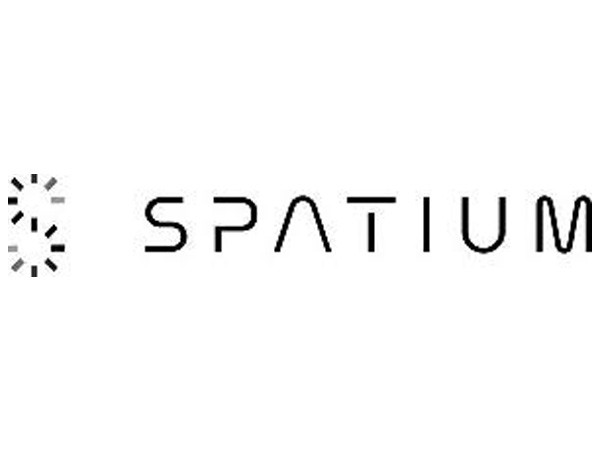New Delhi [India], Aug 4 (NewsVoir): The creators of the Spatium™ Wallet (the first truly secure crypto wallet) will present their recently unveiled project at the International Blockchain Congress, which is taking place in Hyderabad, India from August 2nd – 5th.
Leaders from the worlds of blockchain and finance will converge in Hyderabad to discuss the current state and the future of the cryptosphere, as well as to evaluate the most promising crypto startups.
While many projets try to create a better blockchain and find a use for the technology in a new industry, the Spatium™ team (booth #8 and delivering a presentation at 11:30 AM today) went after a core usability problem of crypto.
“Current crypto wallets are not fully secure and hold up your funds at the exact moment you need to move/trade them,” notes the Spatium™ project’s CEO, Geray Yusifov. To address this issue, the Spatium™ project packed its team with top software and hardware engineers, traders, and security experts. It all paid off when they created their unique Spatium™ Protocol, which became the basis of an unhackable, multiplatform wallet that already supports over 100 cryptocurrencies.
The Spatium™ wallet aims to usher in the third generation of crypto wallets that finally allows professional traders and newcomers alike to participate in the cryptosphere without the fear of losing all their funds to a hack.
“The Spatium™ protocol uses a combination of a number of well-known and proven technologies, including the Secure Multi-Party Computation (SMPC) algorithm,” notes Aliaksei Ivanou, the project’s Lead Developer and the security mastermind behind the Spatium™ protocol, “The Spatium™ Protocol employs multiple devices to sign transactions. These devices could be your mobile phone, your desktop computer, your smartwatch or even our own hardware wallet.”
The Spatium™ Protocol makes it possible to achieve an unhackable level of security because the pieces of information – the aforementioned secrets – that are stored on each device and are required to sign a transaction never leave the respective device and are never exchanged between devices.
This ensures that even if one device is compromised, there is no way for a hacker to obtain the additional secrets to sign off a transaction. There is no single private key being generated or stored in the Spatium™ wallet. If transaction details are not agreed upon by the different devices, the transaction will fail to execute.
The team is planning an ICO event later this year to fund the production of the first batch of its hardware wallets. While their software wallet is already claiming a better level of security than today’s hardware wallets, Dilya Zhanispayeva, the Business Development leader of the Spatium™ project, sees clear benefits of offering consumers a more secure hardware wallet, “Our credit card-shaped, NFC/bluetooth (no Internet) hardware wallet will provide additional functionality like fingerprint authorization, easy restoration of lost data, and interaction with many other parts of the Spatium™ ecosystem.”
One of the advantages of the Spatium™ wallet is that it can integrate any coin into the wallet quickly – with over 100 coins and tokens already supported.
The project’s success in securing crypto assets without slowing down functionality already brought onboard Lon Wong, Takashi Nishide, and several other well-known individuals who understand and lead the crypto space and the technology behind it.
What’s really fascinating about the Spatium™ project is their long-term vision. The wallet is a key first step (that is already available in Google Play or the App Store). Subsequent steps encompass an entire ecosystem, including a DEX, and ICO Platform, a Portfolio Investment platform, a B2B wallet, and more. The team is really taking up the challenge of giving crypto users every function a trader of traditional financial instruments has come to expect – along with the same level of security. (ANI)

